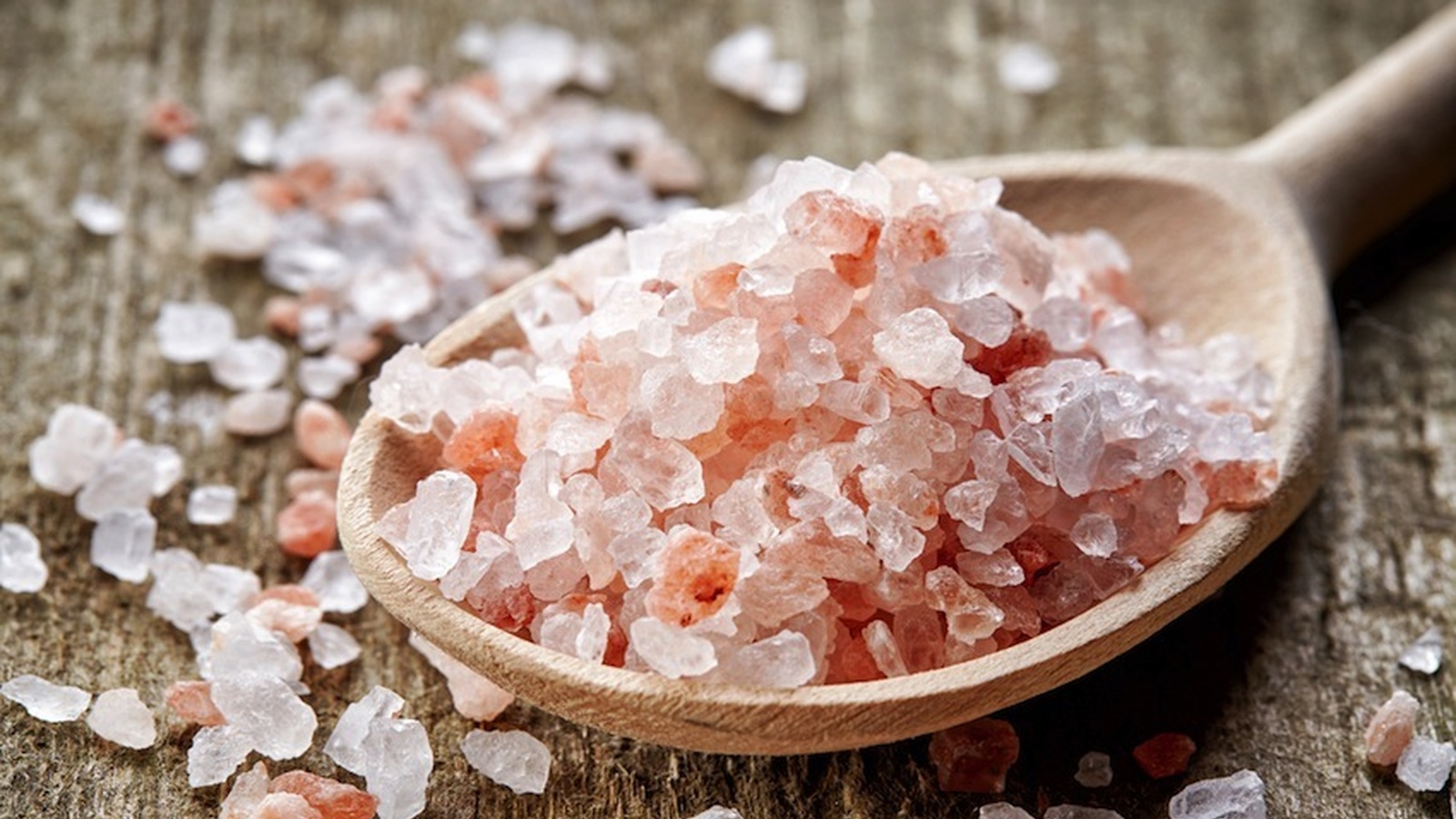What If Salt Could Be Healthy?
Did you know without salt we wouldn’t be able to survive?
Sodium (in salt) is an essential electrolyte which carries out vital functions in the body, such as maintaining fluid balance, regulating blood volume and nervous system activity and ensuring healthy heart function and muscle contraction.
When sodium is depleted through exercise (via sweat) it needs to be replaced for healthy electrolyte balance. Intense activity without dietary electrolyte replacement can cause sodium levels to drop dramatically, leading to symptoms of weakness, dizziness, vomiting, headache and fatigue.
In severe cases, the consequences of sodium deficiency can be fatal. There’s a reason why sodium is called an essential trace mineral - it’s not produced by the body so we must obtain it from the diet to function optimally.
Despite the crucial role of sodium in the body, recommendations for dietary salt intake have historically been strict due to a link between heart disease and salt consumption. Although recent research points out this link may be flawed. A 2011 meta-analysis of seven different studies found no significant evidence that reducing salt intake decreases the risk of heart attacks, stroke or death.
Another study published in the Journal of the American Medical Association followed over 3000 individuals for eight years and found that those in the high salt group had significantly fewer deaths from heart disease than those in the low salt group. It has become clear that limiting salt intake is not necessarily the right solution. In the debate for or against salt, perhaps it’s the type of salt that should be in the spotlight.
While table salt undergoes heavy processing and contains added chemicals, natural salts like sea salt, Celtic sea salt and Himalayan salt (a type of rock salt from the Himalayas) are unrefined with minimal processing and no additives. Due to natural drying techniques, they retain their rich mineral content, including important electrolytes such as potassium, magnesium and calcium.
When you consider the bucketloads of processed salt added to most packaged foods and junk foods, it’s no wonder salt has come under attack. But it’s important to be clear on the type of salt being vilified. Sea salt, Himalayan salt and Celtic salt are all healthier alternatives to regular table salt and you can now find these options at most major supermarkets or your local health food store.
Our favorite salts to use:
1.Celtic Sea Salt
2.Himalayan Salt
3.Pure Sea Salt
4.Kelp Powder - mix 1:1 with your favorite ground salt for a natural ‘iodized’ salt
5.Vogel Original Organic Herbamare Seasoning Salt
By switching to natural salts, using them in moderation and avoiding packaged junk foods high in processed salt, you’ll have a far better chance of achieving a healthy electrolyte balance and will be doing your body a world of good!
What is your salt of choice? We love Himalayan sea salt!
Discover how to lose excess fat from your belly, face & thighs in less than 7 days with this simple ancient practice. Watch the Detox Masterclass here. Playing for a limited time!









